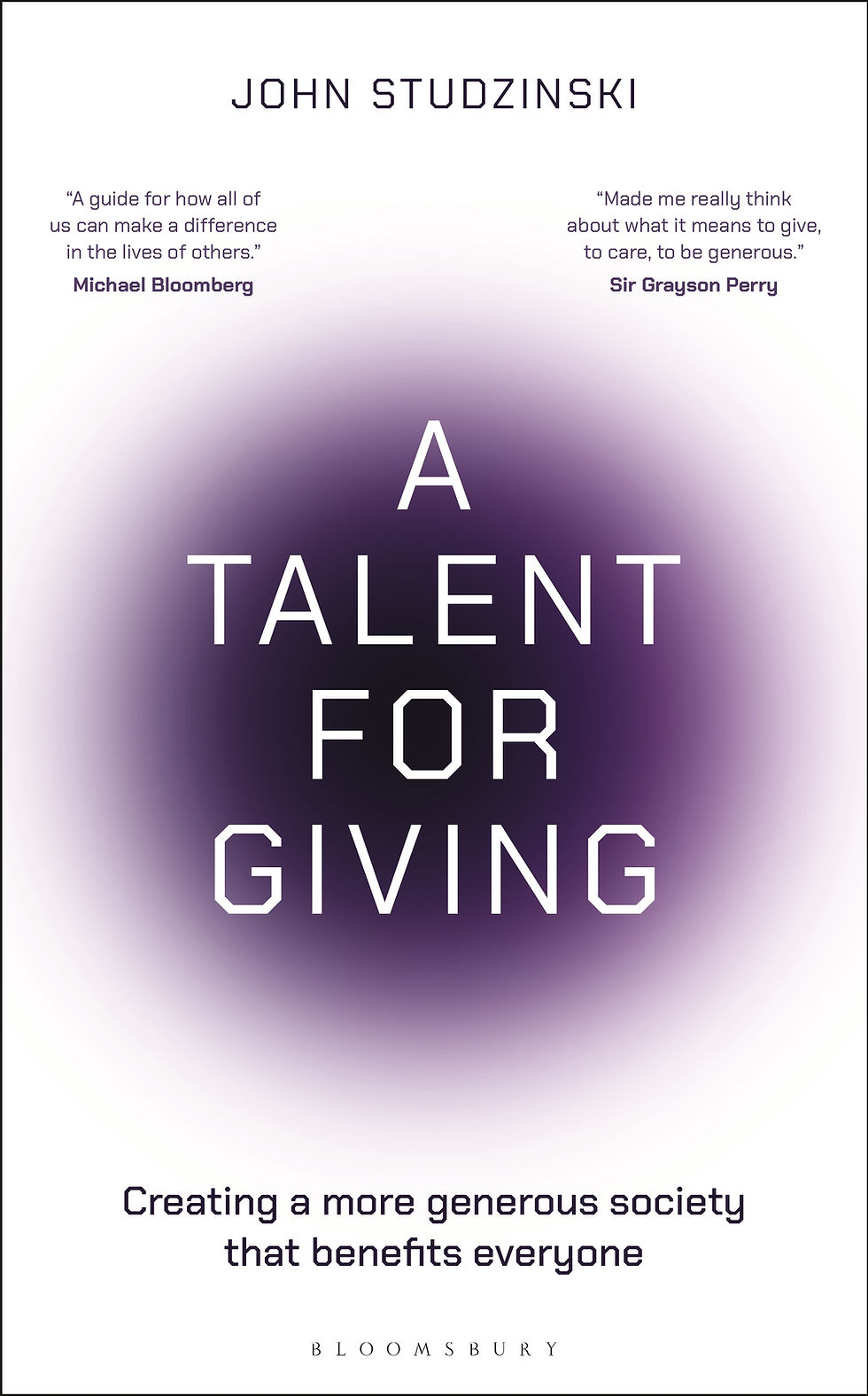What do two white men born in the century before last have to say that could possibly be of any use or value in the current conjuncture of climate collapse, the end of the age of fossil fuels and much life on earth, and the recent re-rise of reactionary forces against progressive politics?
Turns out, a lot, especially for waking to nature, place, life, social injustice, environmental destruction, industrial capitalism and its technologies. Henry David Thoreau – an inspiration for William Melvin Kelley’s writing on ‘staying woke’ – and Walter Benjamin suggest sensory means for waking the consumer asleep under the “phony spell” of the “putrid magic” of the commodity; provide tools of theory and critique for waking to sexism, racism, and placism; empower the weak with a robust vocabulary for telling the stories of people and places; create resources of hope and limit the prospect of despair about the future; and point to pathways for being at home with the living earth. These are all vital facets of psychopolitical ecology.
Waking to Nature with Thoreau and Benjamin discusses topics both writers share in common, such as memory, dreaming, waking, walking, water, swamps, lakes, the body, and the senses, and highlights convergences and divergences between them. It is the first book of psychopolitical ecology and the first to bring together these two timely thinkers and writers for whom life is the union of materiality and spirituality.
Waking to Nature with Thoreau and Benjamin
Rod Giblett
A study of how the writings of Henry David Thoreau and Walter Benjamin suggest ways of waking up and critiquing anti-woke ideology on the topics of nature, life, social injustice, environmental destruction, and industrial capitalism and its technologies.Rights Sold
All rights available
Chinese Simplified and Complex rights exclusively represented by ANA Agency (Beijing and Taiwan)
Book Details
Imprint: Bloomsbury Academic
Publication Date: 26-11-2026
Format: Paperback | 6 x 9 | 224 pagesAbout the Author
Rod Giblett is Honorary Associate Professor of Environmental Humanities in the Writing and Literature Program at Deakin University, Australia. He is author of 30 books, including Wetland Cultures: Ancient, Traditional, Contemporary (2024), Middlemarsh: The Hopkins River, Kindred Wetlands and Remarkable People (2023), and Cities and Wetlands: The Return of the Repressed in Nature and Culture (Bloomsbury, 2016).
Material Available

















